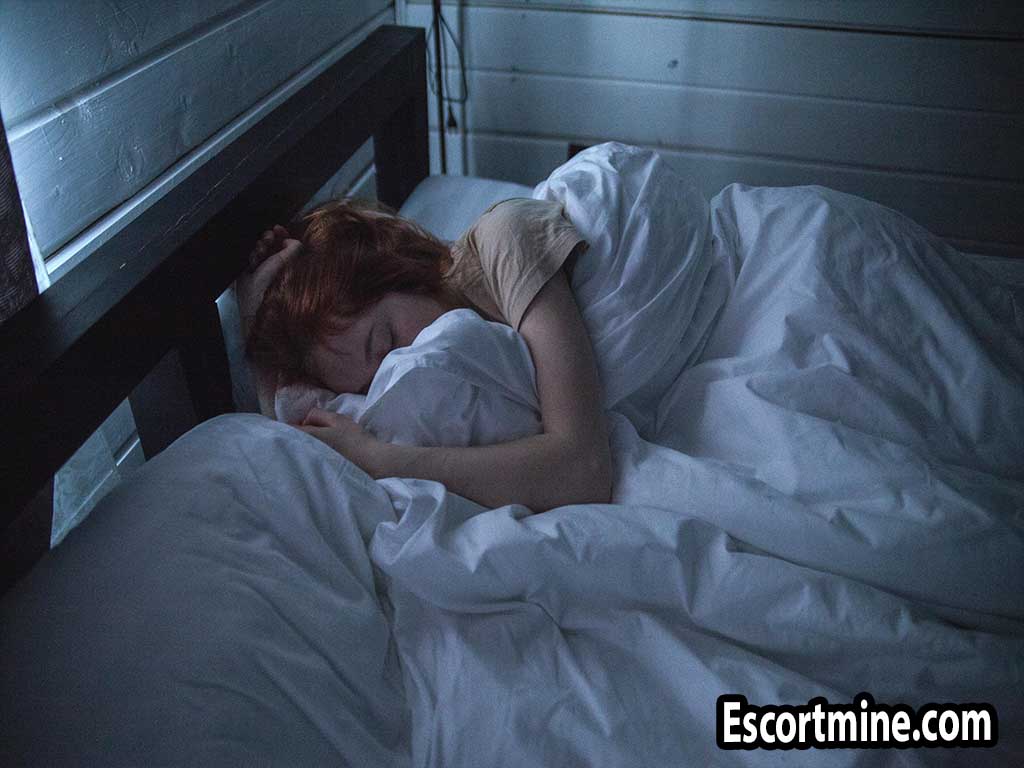Casual dating such as post-traumatic stress disorder, major depressive disorder, anxiety disorders, and alcoholism can also affect casual dating. The close bond between couples may be most affected by casual dating
The good news is that it is possible to build long-term, meaningful casual dating with someone who suffers from casual relationship illness. If this is the case, be aware of the unique challenges you and your spouse may meet and use tools and techniques that can help you build and maintain your bond.
Intimacy issues
People who suffer from illnesses that involve casual dating may feel emotionally unavailable, either as a result of the disease itself or the treatment. (Loss of libido is a common side effect of antidepressants.) Many who suffer from casual dating disorders feel inadequate, anxious about their performance, and have low self-esteem. This can leave both partners’ needs unmet and reduce the likelihood of commitment.
Attachment issues
Shame, embarrassment, and resentment are all present. Being mentally ill is hard enough, but the stigma associated with health issues in casual dating can make the situation even worse for both partners. The patient who is casually dating may feel guilty, shamed, and humiliated because of his illness. He may try to hide his symptoms or not seek the help he needs. Meanwhile, his partner may feel confused and upset because he cannot do anything.
Thus, the muscles relax when they need it most. A person with depression or anxiety disorder may have difficulty completing household chores, feel emotionally restricted, have difficulty holding down a job, and lack the motivation to socialize. These behaviors and difficulties may lead partners to believe the relationship is under pressure, triggering feelings.
The dangers of codependency
When one partner supports the other’s poor health, addictions, and coping mechanisms, it is a sign of a problematic casual dating pattern known as codependency. Depending on how “needed” the partner is, or how “able” they are to take care of their loved one, the codependent’s partner may begin to evaluate their self-worth based on these factors. An inner awakening is triggered by actively keeping their thought process going.
Brief Analysis
When severe, codependency can increase the likelihood of abusive behaviors such as manipulation, name-calling, and other negative behaviors. It is helpful to be able to distinguish between the codependent aspect of controlling someone else’s symptoms and the desire to encourage and support that person. For respondents who said they had casual dating disorder, how long did it take them to tell their partner about their diagnosis? Overall, men managed to wait longer than women to reveal their diagnosis, which may indicate that men tend to experience more stigma associated with c










